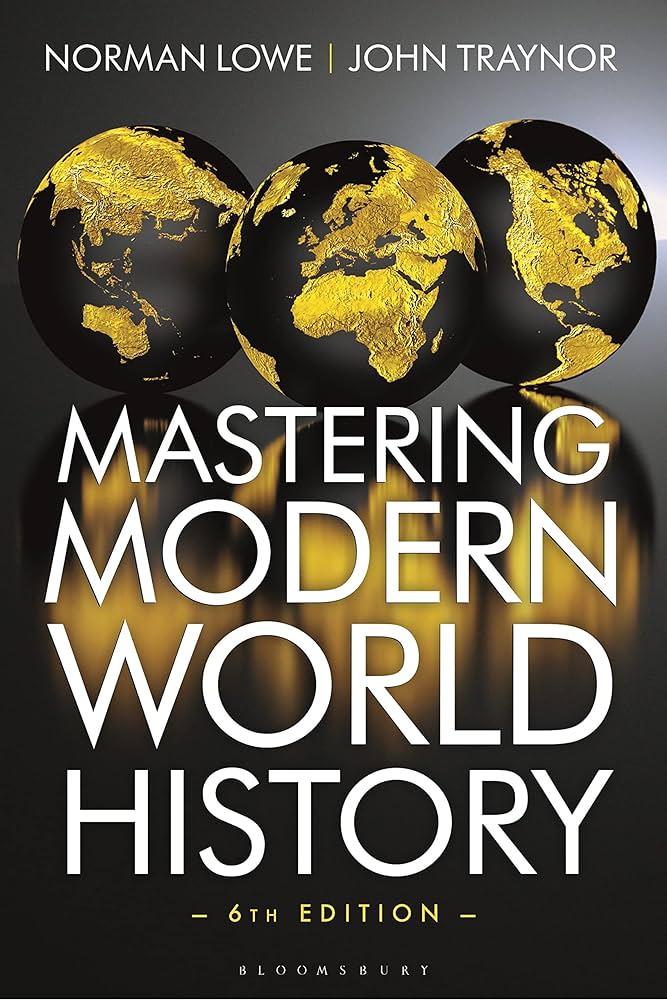One of the book's strengths is its balanced approach to global history. It covers a wide range of regions and countries, providing insight into the political, economic, social, and cultural developments on a global scale. This global perspective is particularly valuable in understanding how interconnected the world has become in the modern era.
Lowe's writing is clear and accessible, making complex historical events and concepts understandable to readers without an extensive background in history. He provides concise explanations and uses relevant examples and primary source materials to illustrate key points.
The book covers major topics and themes such as the two World Wars, the Cold War, decolonization, the rise and fall of empires, economic developments, social changes, and more. It also delves into the role of significant individuals and leaders who shaped the course of history during this period.
While "Mastering Modern World History" is a comprehensive and informative resource, it does have some limitations. Due to the vast scope of the subject matter, some topics and events are covered more briefly than others. Additionally, because the book is designed as a textbook, it may not engage readers looking for a more narrative or analytical approach to history.
In conclusion, Norman Lowe's "Mastering Modern World History" is a valuable resource for students and individuals seeking an overview of modern global history. It provides a solid foundation for understanding the major events and trends that have shaped the world in the past century. Its clarity and accessibility make it a useful tool for those studying or interested in the complexities of modern world history.




Comments (0)